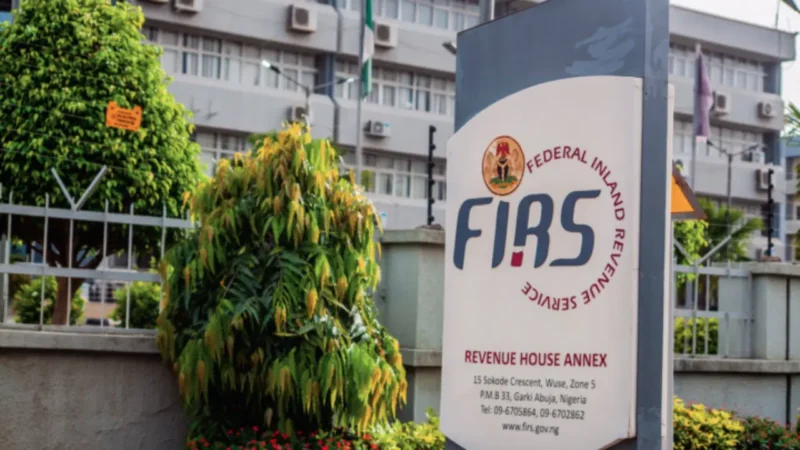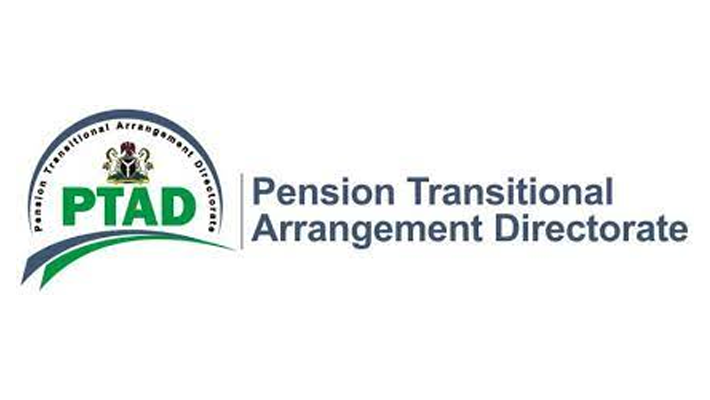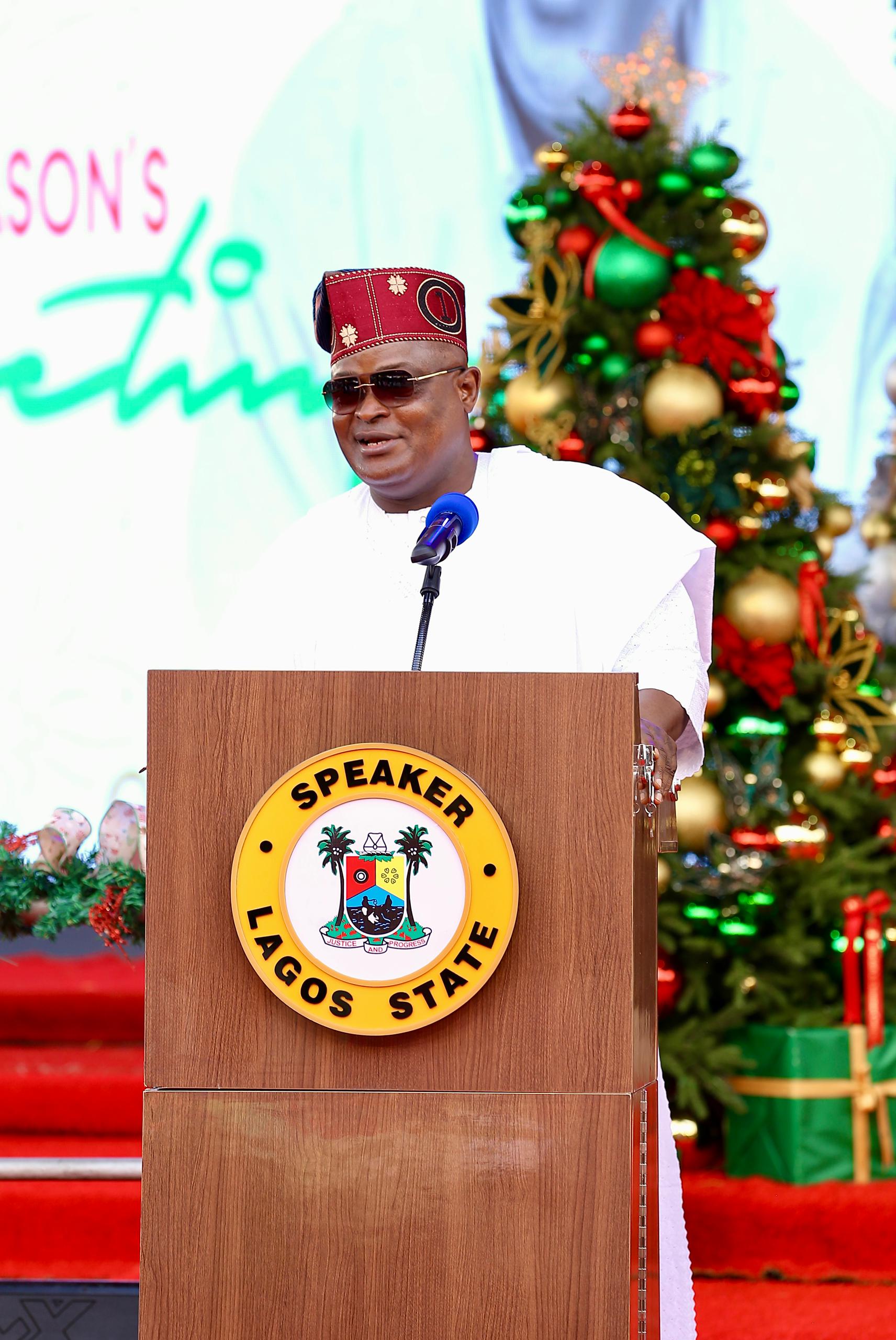FIRS Chairman Zacch Adedeji addresses concerns on Nigeria’s tax reform bills, clarifying they aim to boost efficiency without undermining federal agencies.
[dropcap]Z[/dropcap]acch Adedeji, Chairman of the Federal Inland Revenue Service (FIRS), has dispelled concerns that the four proposed tax reform bills in the National Assembly could threaten the autonomy or operations of Nigeria’s revenue-generating agencies.
In a statement from FIRS on Wednesday, Adedeji emphasised that the bills are designed to streamline tax collection processes, enhancing fiscal efficiency without diminishing agency funding or mandates.
Also read: Nigeria introduces tax reliefs to boost deep offshore oil and gas production
During a meeting at the Revenue House in Abuja with heads of the National Agency for Science and Engineering Infrastructure (NASENI), the National Information Technology Development Agency (NITDA), and the Tertiary Education Trust Fund (TETFund), Adedeji described recent worries about the reforms as unfounded.
He clarified that the bills aim to strengthen, not replace, these agencies’ core functions.
Addressing a key feature of the bills—the proposed rebranding of the FIRS to the Nigeria Revenue Service—Adedeji stated, “I want to assure you that there is nothing in the bills that will reduce your funding, effectiveness, or efficiency.
What we have in the bills are provisions that will lay a solid foundation for your sustainability.” He explained that these changes align with the Federal Government’s goal to streamline revenue collection, allowing agencies to focus fully on their core missions.
The reforms, Adedeji added, represent a concerted effort by President Bola Tinubu’s administration to unify Nigeria’s tax legislation and enhance tax compliance.
He noted that current laws governing federal agencies contain scattered tax provisions that need consolidation. “In the wisdom of President Bola Tinubu,
for us to overcome these challenges, we should harmonise these laws scattered across different statutes. That is the essence of the Nigeria tax bill,” he stated.
Adedeji further highlighted the global aspect of the reform, emphasising that creating a more streamlined tax system would attract international investors by making Nigeria a more appealing business destination.
“For us to be competitive globally, we need a tax framework that reflects current realities and stimulates economic activity,” he added.
At the meeting, agency leaders outlined their mandates and how each aligns with Nigeria’s development objectives.
Adedeji assured them that the reform is aimed at enhancing each agency’s sustainability and capacity to deliver on their missions without competing for revenue.
By assuring agencies of continued support, the FIRS aims to reinforce a collaborative approach to achieving Nigeria’s economic growth and positioning the country as a premier investment destination.
























